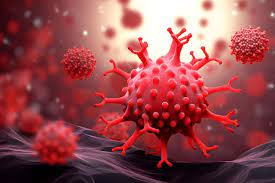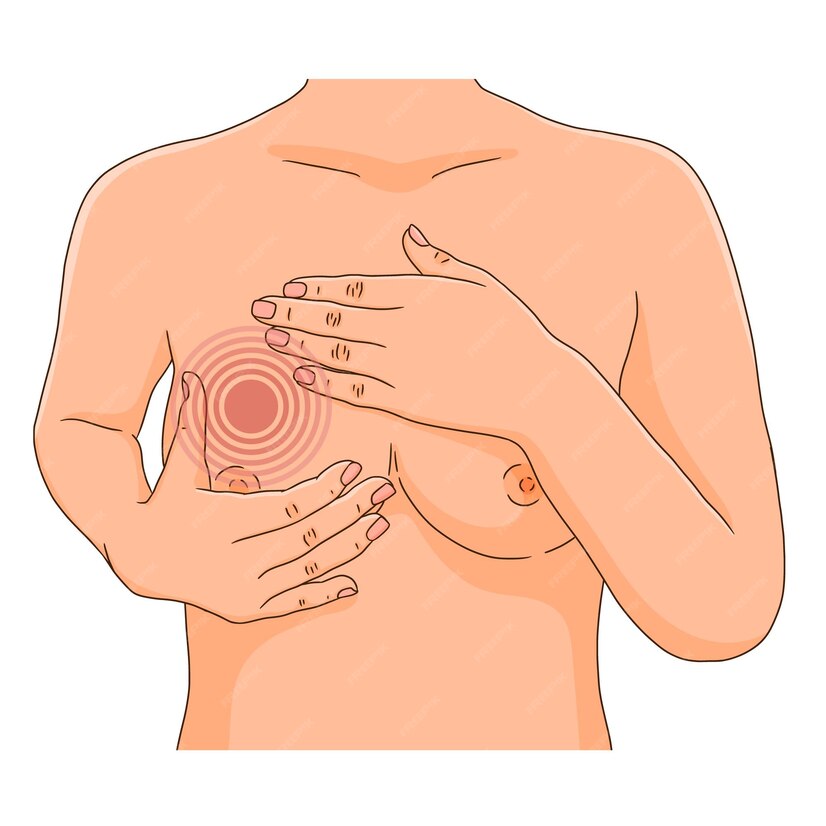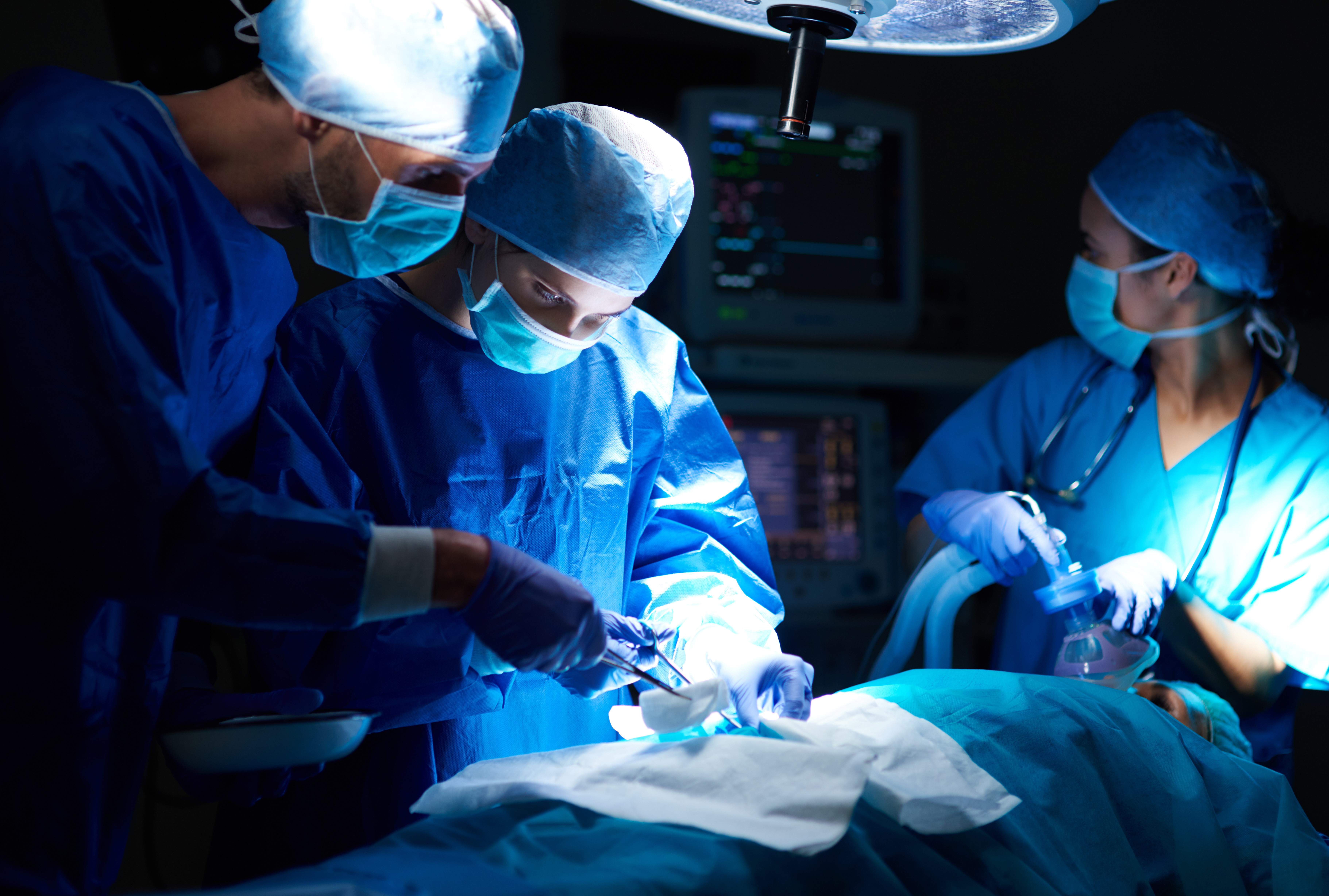Medharbour Multispeciality Hospital Gurgaon
Manipal Hospital,
Palam Vihar, Gurugram
- Home
- About Dr.
- Services
- Minimal Invasive Oncosurgery
- Gastrointestinal Cancer Surgeries
- Thoracic Cancer Surgeries
- Breast Cancer Surgeries
- Breast Conservation Surgeries
- Modified Radical/Radical Mastectomy
- Breast Oncoplasty
- Complex Breast Flap Reconstruction – Lattisimus dorsi, DIEP Flap,TRAM,Implant
- Sentinel Lymph node Dissection – Scintigraphy and Fluorescence guided
- Nipple Sparing Mastectomy with Full Breast Reconstruction
- Scarless Breast Surgery
- Benign Breast treatment – Fibroadenoma, Breast cysts, Breast pain/mastalgigoogle
- Head & Neck Cancer Surgeries
- Organ Preserving Surgeries
- Commando Surgery – Mandibulectomy
- Maxillectomy
- Tongue wide Excision and reconstruction
- Complex Head and Neck Reconstructions
- Partial/Total Laryngectomy
- Laryngopharyngectomy
- Neck Dissection – Radical/Modified/Functional Neck Dissection
- Thyroidectomy – Total/Near Total/Hemithyroidectomy
- Parathyroidectomy
- Gynaecological Cancer Surgeriese
- Staging Surgery for Uterine Cancer/Ca Endometrium
- Staging Surgery for Ovarian Cancer/Ca Ovary
- Radical Surgery for Ca Cervix
- Radical Hysterectomy
- Complex Ovarian mass resection
- Total/Pelvic/Limited Peritonectomy
- Pelvic and Para-Aortic Lymph node dissection
- Cytoreductive Surgery + Hyperthermic Intraperitoneal Chemotherapy
- Soft Tissue Sarcoma Surgeries
- Others
- Testimonials
- Blog
- Gallery
- FAQ's
- Contact Us







